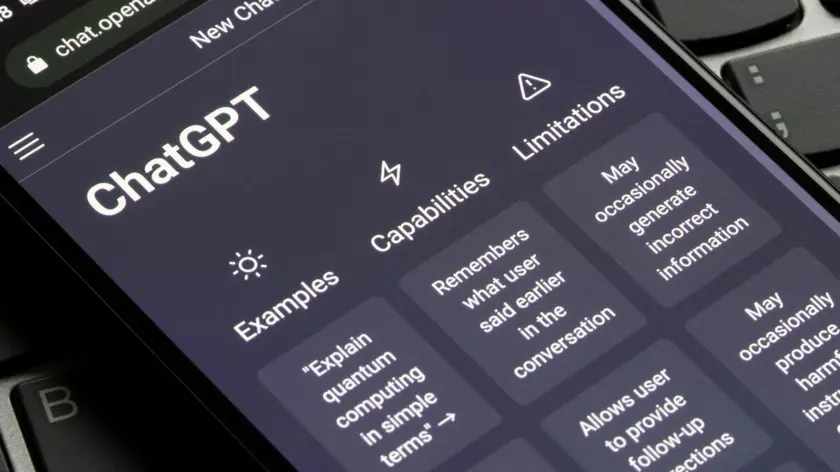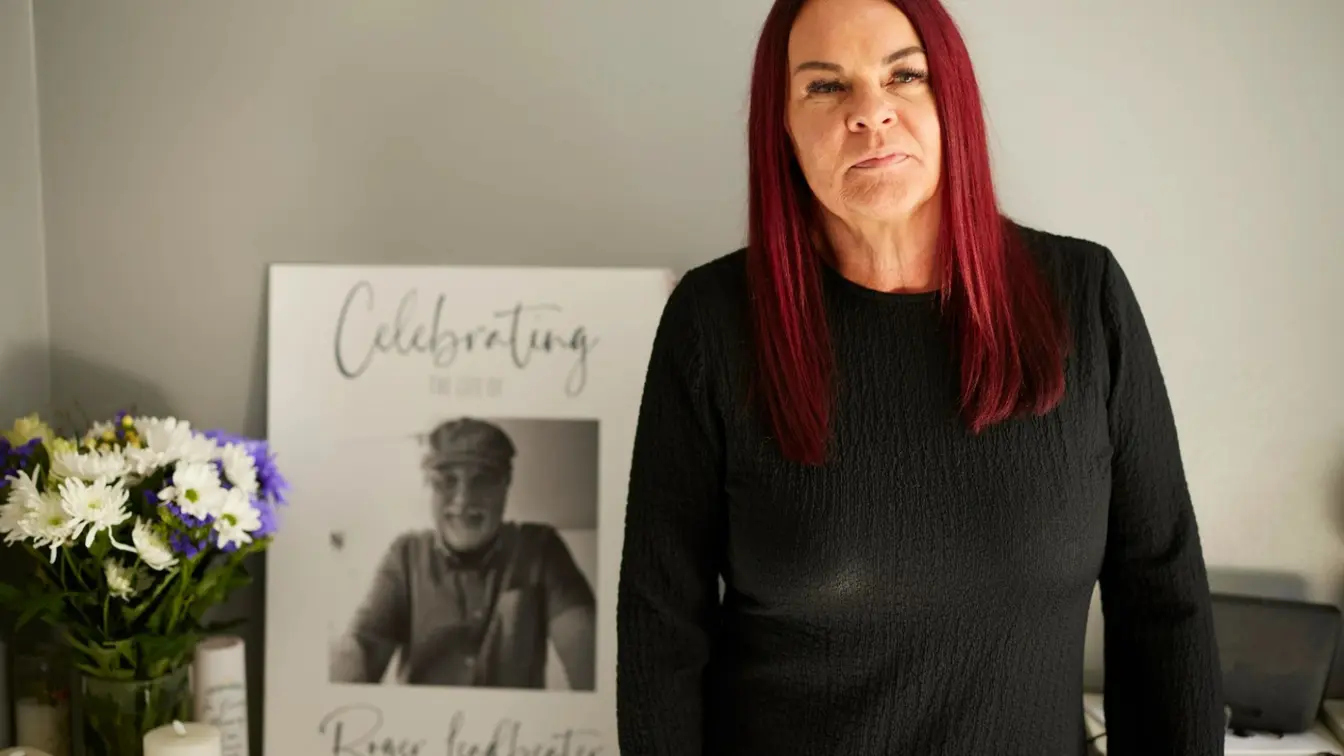T4K3.news
Man suffers psychosis after using sodium bromide
A 60-year-old man faced severe mental health issues after substituting common salt with sodium bromide.

Literal hallucinations were the result of trying a health experiment.
Man suffers psychosis after substituting sodium chloride with sodium bromide
A 60-year-old man ended up in the emergency room after substituting table salt with sodium bromide based on advice from ChatGPT. He believed eliminating sodium chloride from his diet was essential for health. After three months of this experiment, he arrived at the hospital exhibiting signs of paranoia, convinced he was being poisoned. Medical tests revealed serious micronutrient deficiencies due to an extreme vegetarian diet and excessive bromine accumulation, leading to a diagnosis of bromism, a condition that can cause severe mental and physical health issues.
Key Takeaways
"This case underscores the risks of relying on AI for medical decisions."
The necessity of medical guidance is highlighted in the man's experience.
"Bromism can result in grotesque skin rashes and mental health issues."
It illustrates the serious consequences of excess bromine in the body.
This incident highlights the dangers of relying on AI for health advice without professional guidance. The man's misguided belief that sodium bromide was a suitable substitute for salt led to dangerous health problems, including psychosis. As AI tools become more widespread, we must be cautious about their limitations, especially in matters as critical as medical advice. The case raises questions about accountability when AI-generated suggestions lead to real-life consequences, underscoring a need for clearer boundaries on how health information is presented and consumed.
Highlights
- Taking health advice from AI can have serious consequences.
- Relying solely on ChatGPT for health decisions is risky.
- The line between health curiosity and dangerous experimentation is thin.
- Sometimes, the cure can be worse than the disease.
Risks associated with AI-generated health advice
This situation demonstrates the dangers of substituting professional medical advice with suggestions from AI. It can lead to severe health consequences, as seen in the case of the man who suffered from psychosis by misusing sodium bromide.
This case reminds us to prioritize expert guidance over AI-generated suggestions.
Enjoyed this? Let your friends know!
Related News

AI diet advice leads to bromide poisoning

Self harm case highlights AI health guidance risks

Twins on the M6 expose gaps in mental health care

Murder linked to cannabis highlights safety concerns

Rising starvation rates reported in Gaza

Tennessee executes Byron Black despite health risks

Man dies after using unapproved cancer drug

Anneke Lucas exposes horrific childhood abuse
